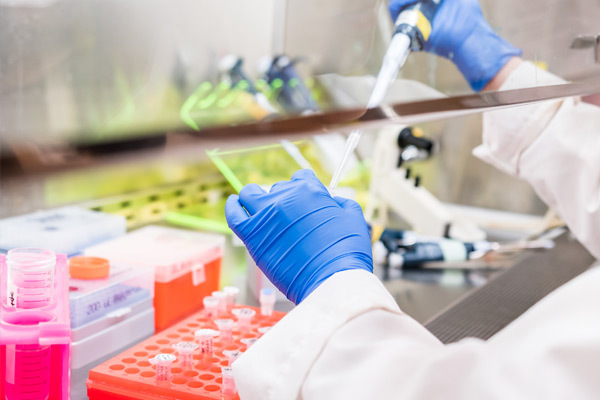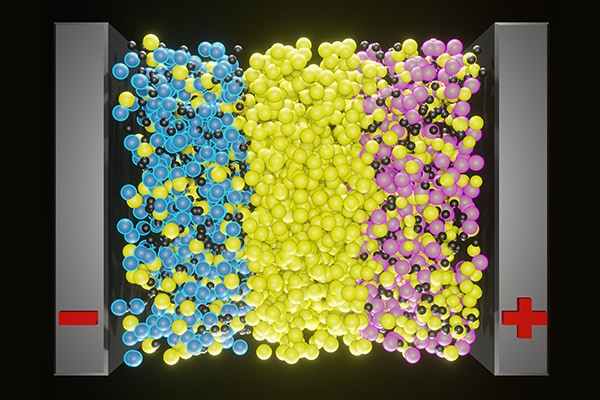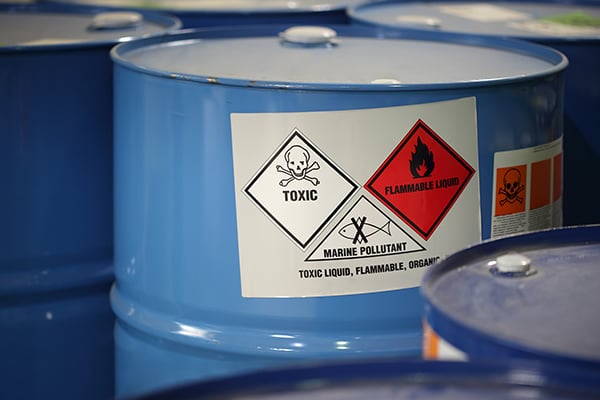Over the last century, we have learned how to make long-chain synthetic polymers using petroleum and other fossil fuels. These polymeric chains and their patterns make them durable, lightweight, and flexible -- it’s what makes them plastic. Because of the properties of plastics and their potential for diverse applications, plastics have become an essential and ubiquitous part of our everyday lives.
Unfortunately, plastic pollution has become one of the world’s most pressing environmental issues, as rapidly increasing production of disposable plastic products overwhelms the world’s ability to deal with them. What can Federal agencies do to address the plastics problem today?
Join Bruce Garrett from DOE, Christina Payne from NSF, and Kathryn Beers from NIST as they discuss priorities, technology programs, and plans in chemistry research as part of the solution.
This ACS Webinar is moderated by ACS President-Elect Angela Wilson of Michigan State University, organized by Teresa Fryberger of the National Academy of Sciences (retired) and Young-Shin Jun of Washington University in St. Louis, and co-produced with the ACS Committee on Science.
* If you are having technical difficulties viewing the video please try different internet browsers like Chrome, Firefox, and Explorer. If you still can not access the video please review the following computer prerequisites from our video hosting platform.
What You Will Learn
- The Federal research funding priorities and opportunities related to the chemical formulation, recycling, and upcycling of plastics
- How these Federal agencies are working with industry to set new standards, move toward a circular economy, and improve life-cycle analysis tools
- What are some possible future directions and plans under a new administration










